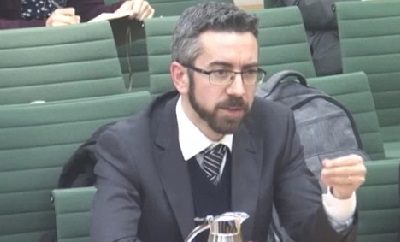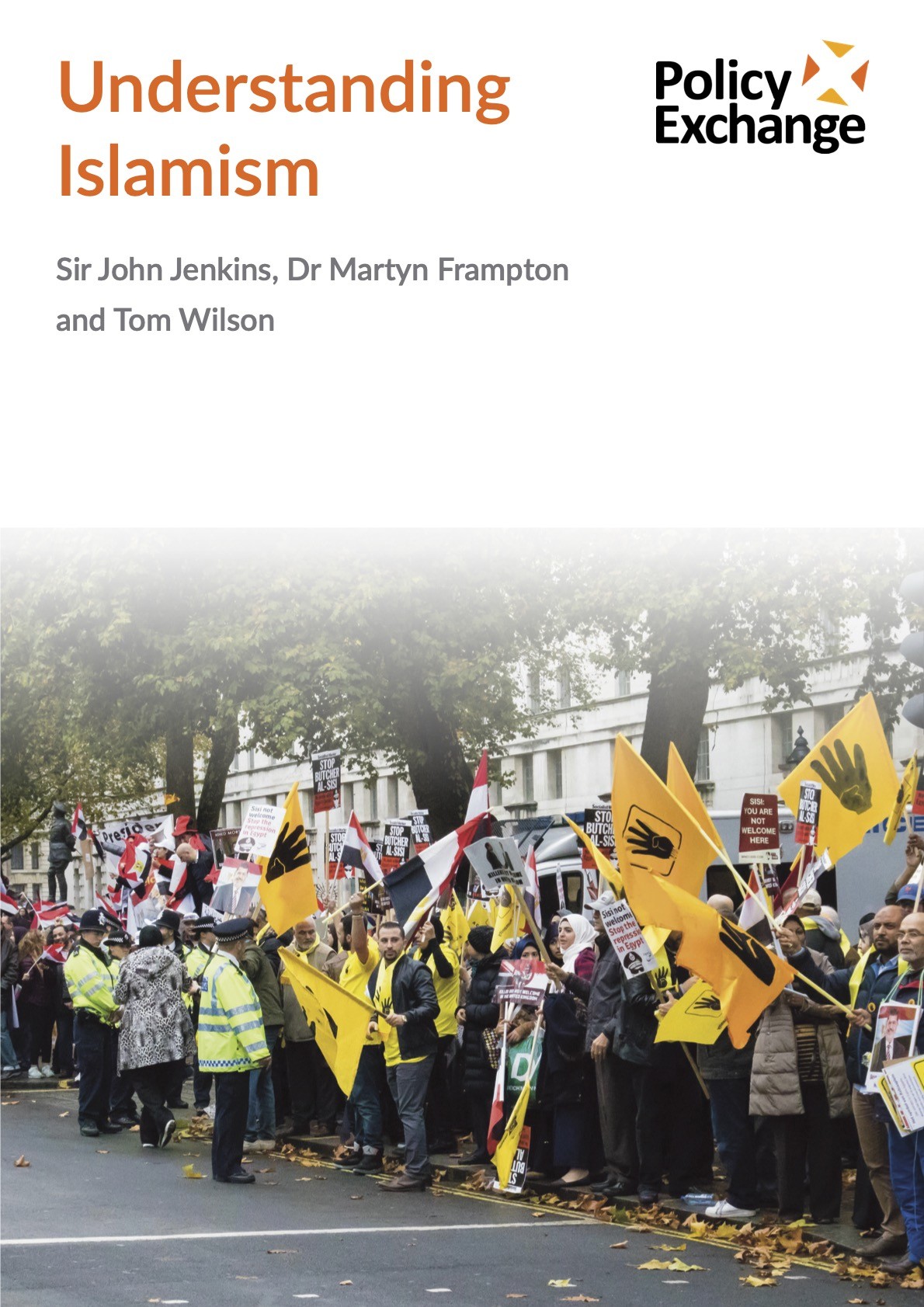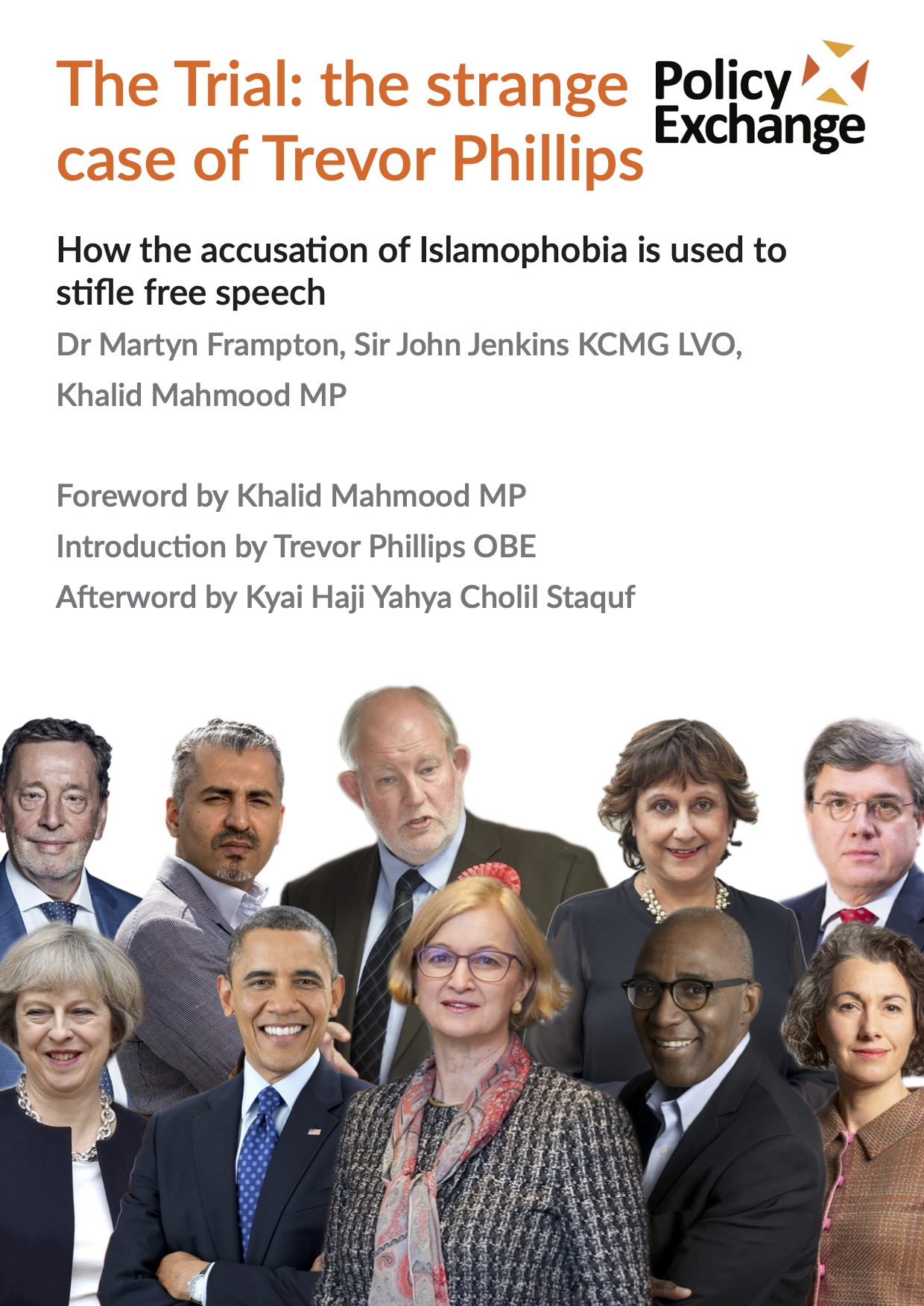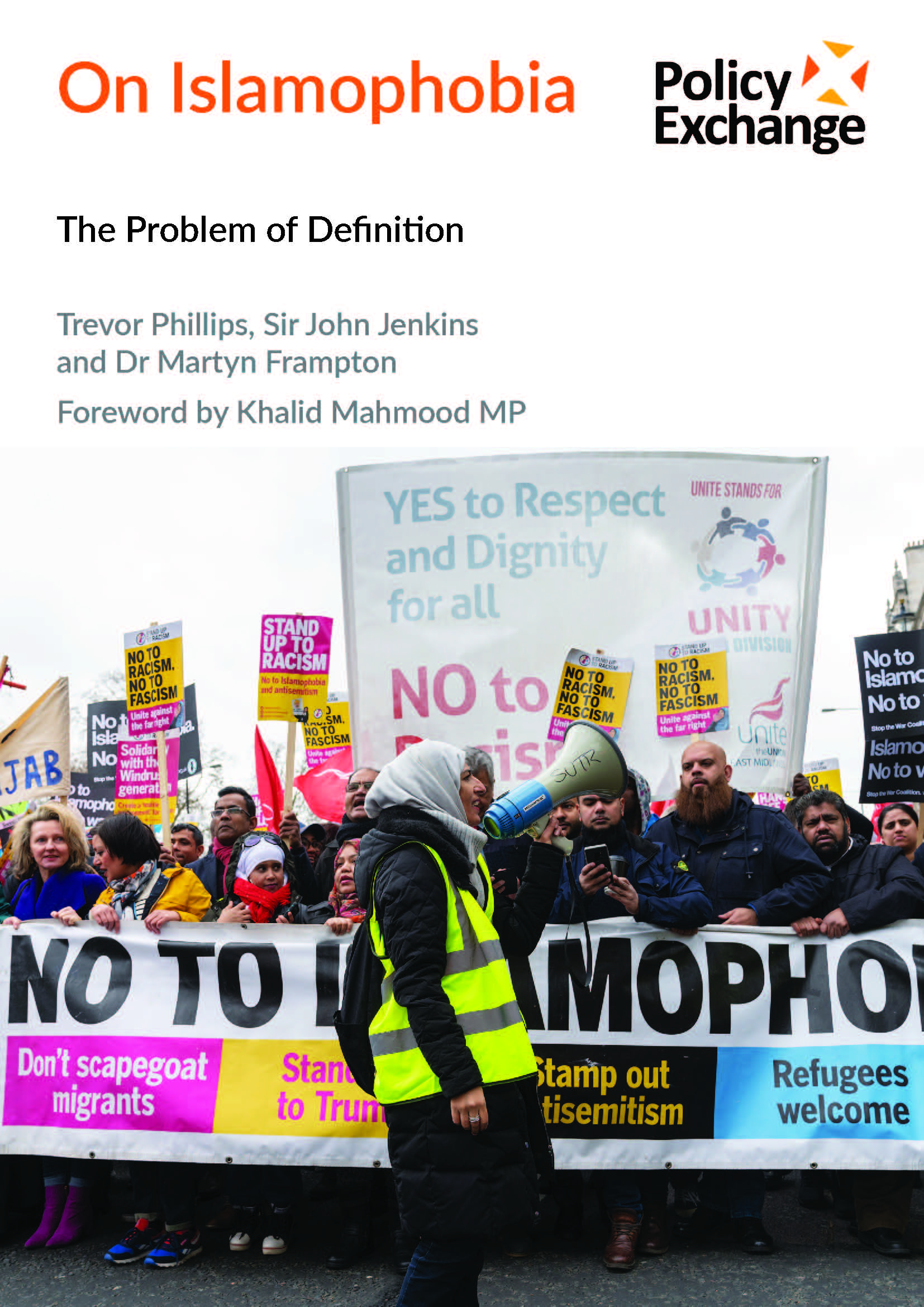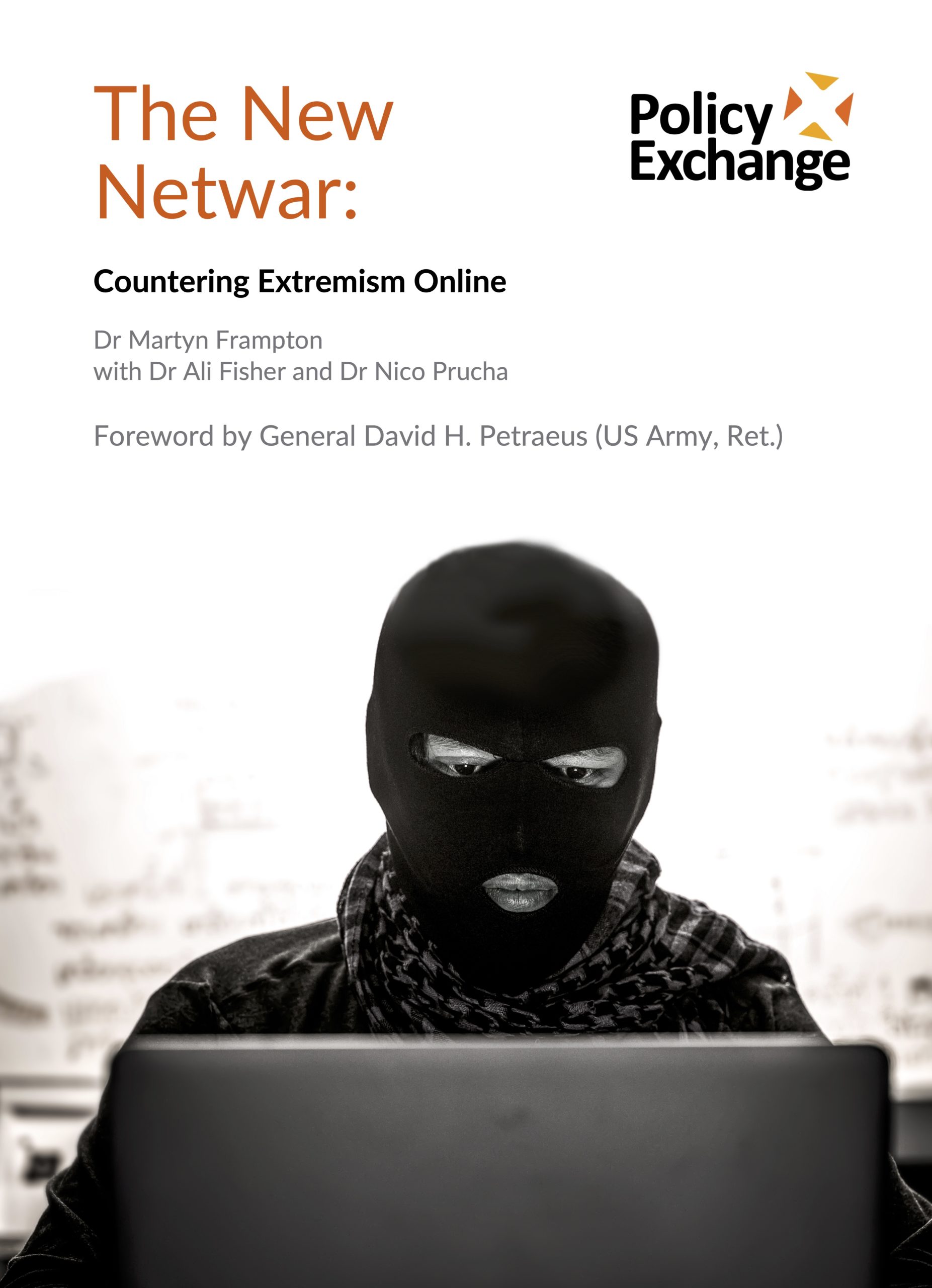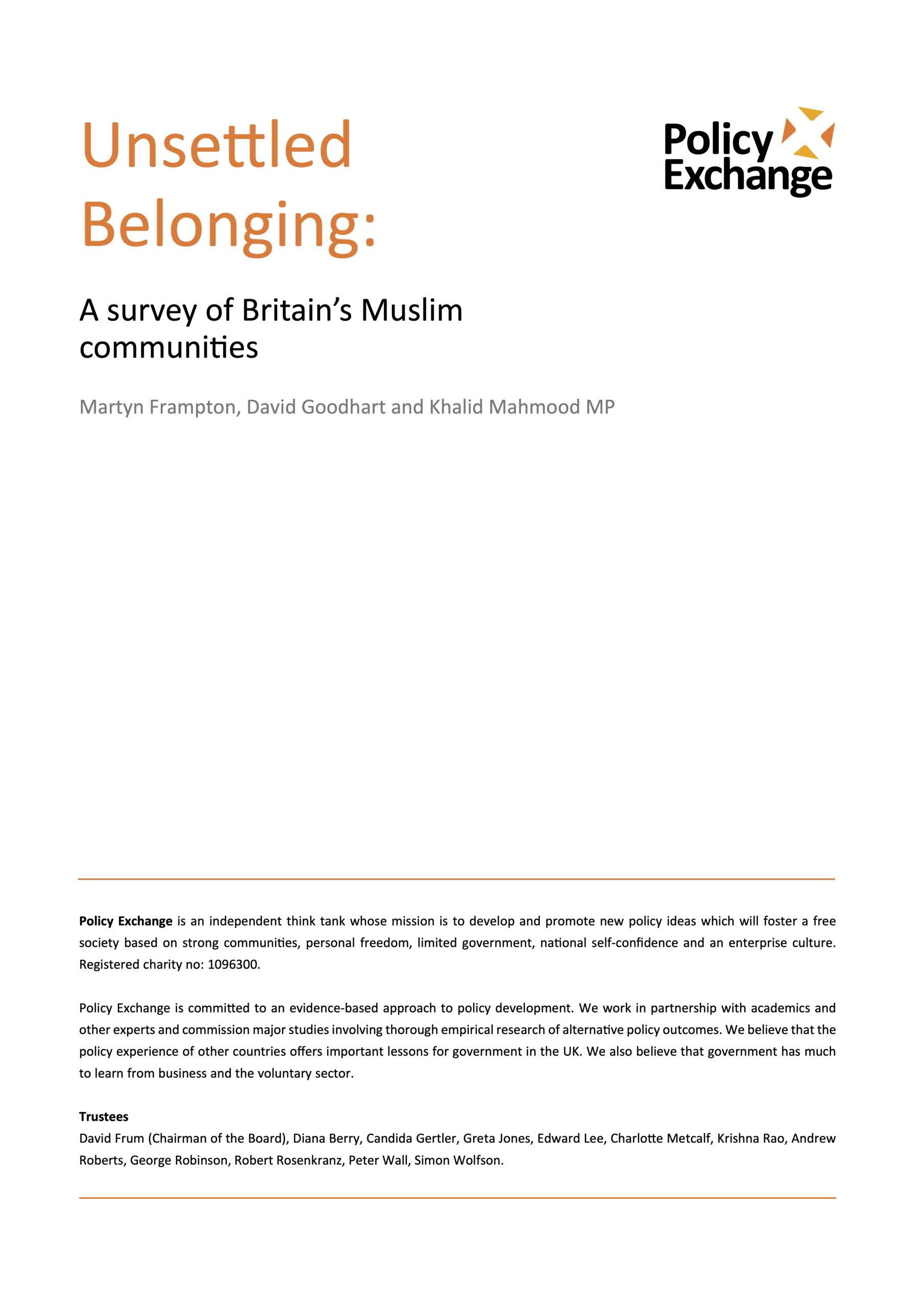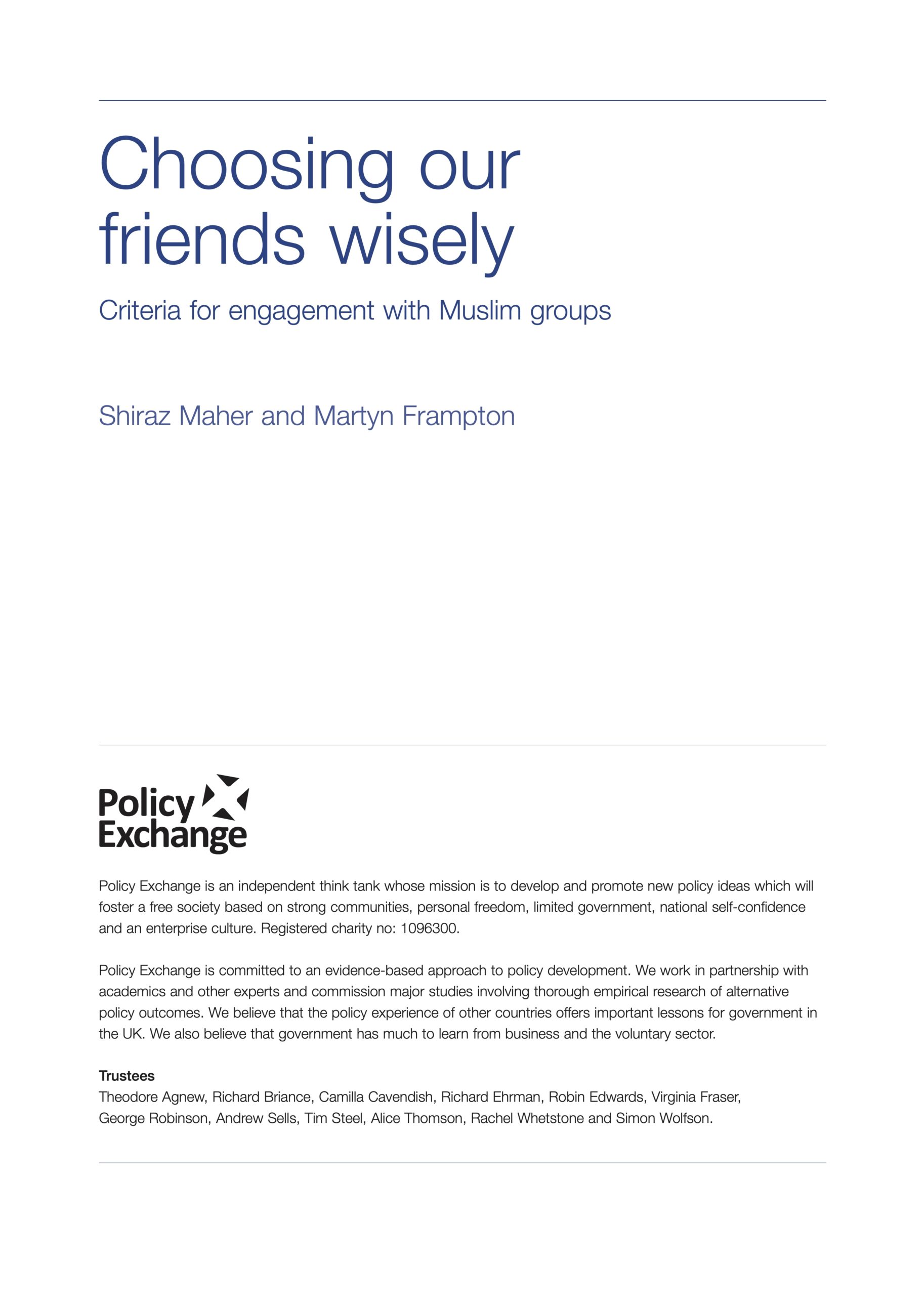Dr Martyn Frampton
Senior Fellow
Dr Martyn Frampton is a Reader in Modern History at Queen Mary University of London. He is the author of 3 books on ‘the Troubles’ in Northern Ireland and more recently has completed
a lengthy book on the history of the relationship between the Muslim Brotherhood and the West, published by Harvard University Press in 2018. He has also written on the contemporary challenges of counter-terrorism and counter-extremism, most significantly with the 2009 pamphlet for Policy Exchange, ‘Choosing our Friends Wisely: Criteria for engagement with Muslim groups’ and his 2016 paper, ‘Unsettled Belonging: A survey of Britain’s Muslim communities’.
Policy Exchange’s Head of Security and Extremism Dr Martyn Frampton appeared in front of the House of Commons Home Affairs Committee to give evidence to its inquiry on hate crime and its violent consequences.
Download Publication What word should we use to describe those who resort to violence in the name of Islam? This question has recently been the cause of much angst and uncertainty in official circles – and nowhere more so than within the ranks of the British police. In July of this year, reports surfaced that through its Counter Terrorism Advisory Network, the Metropolitan Police had held a consultation on finding […]
The startling revelation that the Labour Party is threatening to expel Trevor Phillips on grounds of ‘racism’ and ‘Islamophobia’ will be received in different ways. On the one hand, it looks like an act of folly from a party leadership whose power has been waning since the general election. Alongside this, this regrettable case is significant for the extent to which it underlines the nature of the ‘Islamophobia’ definition that has been adopted by a number of political parties and civil society groups over the last year – with Labour being one of those leading the way when the party adopted the definition in March 2019.
Adopting the All-Party Parliamentary Group on British Muslims’ definition of Islamophobia would be a mistake.
Nearly three quarters of the British public want the big internet companies to do more to locate and delete extremist content and believe that they are not doing enough to combat radicalisation, according to polling conducted for Policy Exchange’s latest report The New Netwar: Countering Online Extremism. Commenting on this Policy Exchange study, Home Secretary Amber Rudd noted on her Department’s official website that "We know that Daesh pose a threat online and this report helps to highlight the scale of the issue." The report received widespread domestic and international media coverage: General David Petraeus, who wrote the report’s Foreword, appeared on the Today programme and wrote for the Times. Dr Martyn Frampton's broadcast appearances included Good Morning Britain, BBC World Service, Radio 5 Live and LBC.
This new report — by Dr Martyn Frampton, David Goodhart, and Khalid Mahmood — involves the most extensive research of British Muslims ever conducted, and 'finds they broadly share the same views as the rest of the population'.
Choosing our friends wisely: Criteria for engagement with Muslim groups is an authoritative analysis of Preventing Violent Extremism (PVE), the £90 million centrepiece of the government’s effort to stop the radicalisation of young Muslims.
The first report produced by the independent reviewer of terrorism legislation, Max Hill QC, reveals a worrying tendency to engage with – and take at face value – a small minority of Islamist-influenced groups, rather than with the broad diversity of Britain’s Muslim communities. Policy Exchange’s Dr Martyn Frampton argues that these groups represent only a small fraction of British Muslims, yet Hill seems all too ready to accept their bona fides and treat their views as authoritative and representative.
Last week’s terrorist attack in Manchester has brought renewed prominence to the debate around Britain’s counter-radicalisation strategy, Prevent. A concerted campaign to discredit Prevent has seeped into both elements of the public sector and prevailing thinking on the political left. The success of the ‘Preventing Prevent’ campaign, however, depends on a misunderstanding of the distinction between theology and ideology as well as the radicalising impact of an Islamist ideology, one to which many of the strategy’s most prominent detractors adhere. Understanding the anti-Prevent campaign is one way in which the authorities can more effectively disrupt extremists – a fundamental component of counter-terrorism work.

